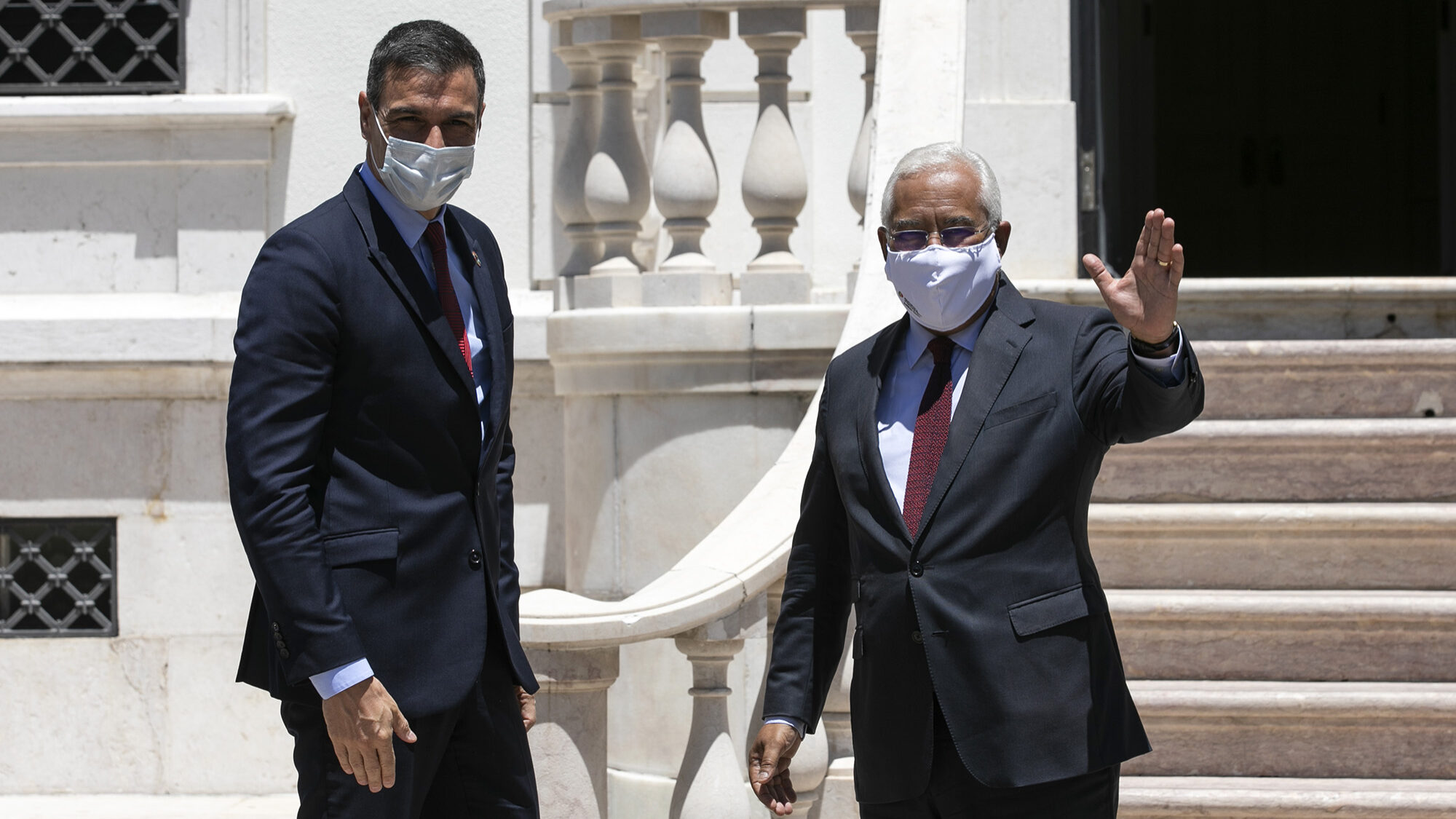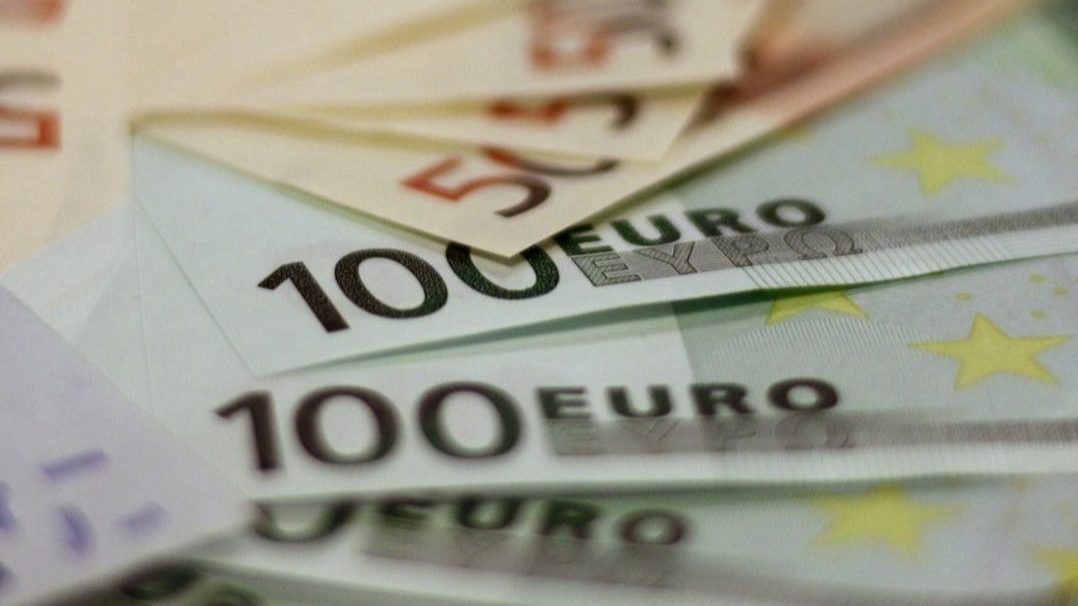Iberian gas pipeline to cost €2.5 billion and be concluded in 2030
The green energy corridor that will transport hydrogen from the Iberian Peninsula to Europe, via France, is expected to cost up to €2.5 billion.
Portugal, Spain and France will formalise the application for BarMar to become a Project of Common European Interest to get the funding required to build the Iberian gas pipeline. According to the Spanish prime minister, Pedro Sánchez, the infrastructure could cost up to €2.5 billion and should be completed in 2030.
“We have taken another step towards the political agreement signed in October between Portugal, Spain and France. With this step, we add another energy source produced on the Iberian Peninsula, alongside the agreed electrical interconnections,” announced the prime minister, António Costa, this Friday, at a joint press conference, between Emmanuel Macron, Pedro Sánchez, and Ursula von der Leyn, president of the European Commission, on the sidelines of the 9th Summit of the Southern Countries of the European Union, in Alicante.
According to the Spanish leader, BarMar will be “the first large hydrogen corridor in the European Union” to be operational by the end of the decade, with the capacity to transport 10% of the annual hydrogen consumption (or two million tonnes) in the European Union. The minister said that investment in the pipeline that would link Celorico da Beira to Zamora, by land, and Barcelona to Marseille, by sea, could reach €2.5 billion and that the aim is to apply for European funds.
On December 15, Portugal, Spain and France will submit the green energy corridor as a Project of Common European Interest to guarantee up to 50% of the funding required for the project.
The underwater gas pipeline was proposed on October 20 as a replacement for the MidCat project that linked the Iberian Peninsula to Europe through the Pyrenees. The project had been advocated by Spain and Portugal but contested by France, which claimed reasons for environmental impact.
Emmanuel Macron argued that H2Med is consistent with the strategy that France defends, which is based on three objectives: reducing emissions and eliminating fossil fuels, electrification of the country and the European continent and a commitment to innovation.
“The H2Med responds to these objectives. It allows us to have a technology for the future,” said the president, without closing the door on the creation of third-party links.


